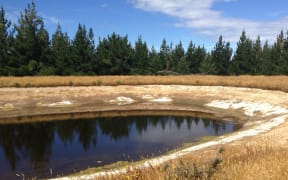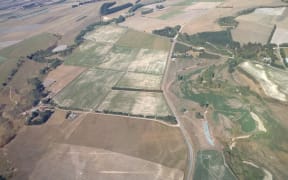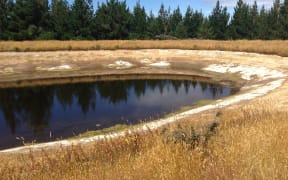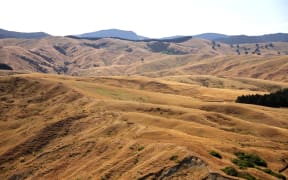Drought conditions in north Canterbury are worsening with the area missing out on rain that has fallen in other parts of the region.
Federated Farmers meat and fibre spokesperson Dan Hodgen, who farms in Hawarden, said farmers are frustrated and stressed because of the conditions although there's little anyone can do about them.
He said what should be green pasture by now is still grey and in desperate need of rain.
"Waipara looks bloody terrible frankly. Scargill Valley in patches is really bad, and nowhere is looking really good. Up through Cheviot is pretty tough too. Up in my area, Hawarden, we were just commenting today it still looks grey when it should look green."
"Some areas got a bit of moisture last week and a lot of that was snow, but we're not far away from being back to where we were before that fell and those that got it are still going further and further down the track of doom and disaster."
Winter worry
Dan Hodgen said because grain crops haven't been growing at their usual rate for this time of year, which is concerning heading into winter.
"It's right across the Hurunui. I think other areas are less than ideal but here we've got guys with feed crops for dairy grazing in the ground and some of those cows should be turning up in the next two or three weeks but you wouldn't graze a rabbit on them frankly."
"We've put in a fair amount of cereal and temporary grasses for the winter green feed, the majority of them aren't quite through the surface yet, and some of them are just starting to poke out now. They were drilled on the 9th of March - where we should be grazing some of those by now, we're still wondering if they're going to grow," said Mr Hodgen.
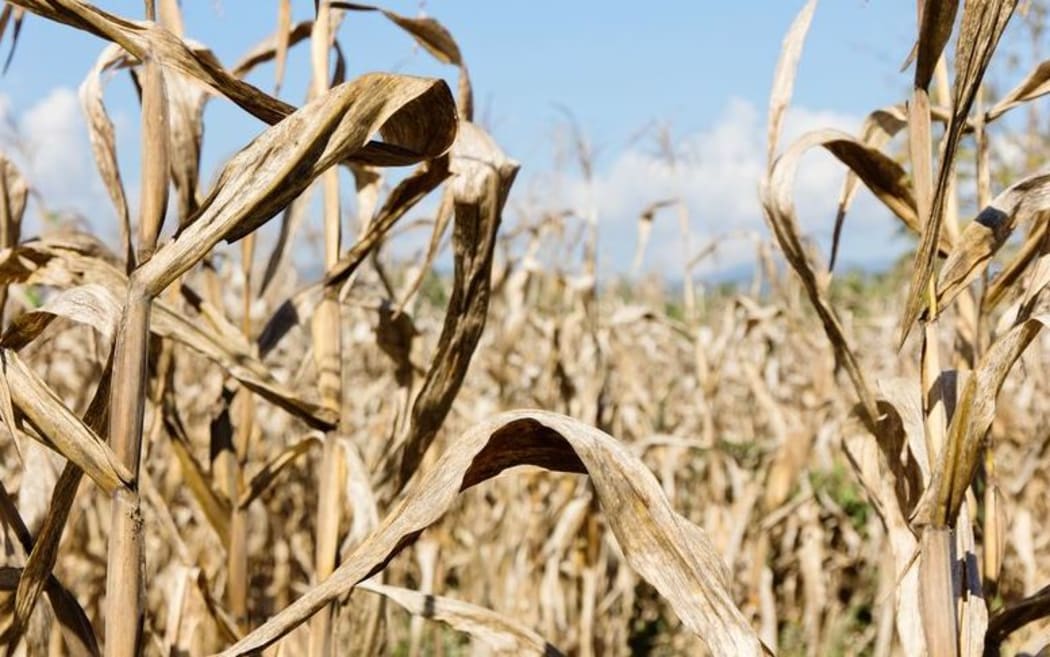
Photo: 123rf
Farmers have significantly reduced stock numbers during the drought some by more than half.
Mr Hodgen said that will create even more pressure when farmers decide to re-stock.
"If you have to get rid of your hoggarts for example, which is one step a lot of people have taken, that's years of your genetic work to get those sheep on the ground and if they all of a sudden have to disappear, you can't just buy them back in.
"That's going to be another issue these guys face, they're going to want to buy in [stock] but there's not going to be very many around and a lot of people trying to buy them, so you may pay two or three times to replace stock what you sold them for."
